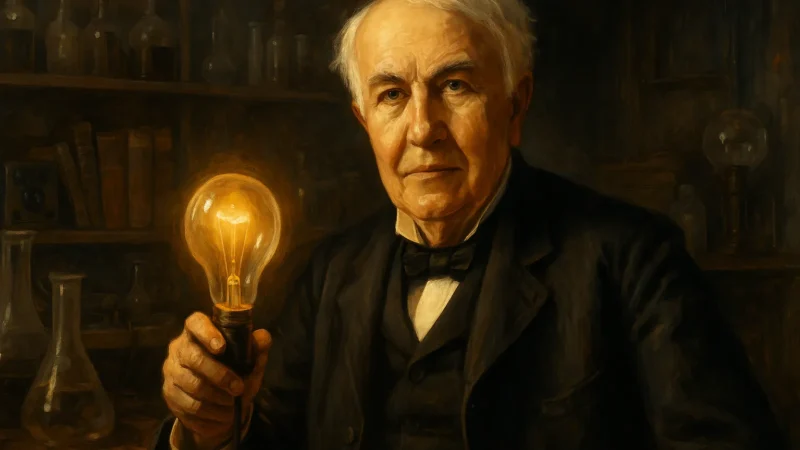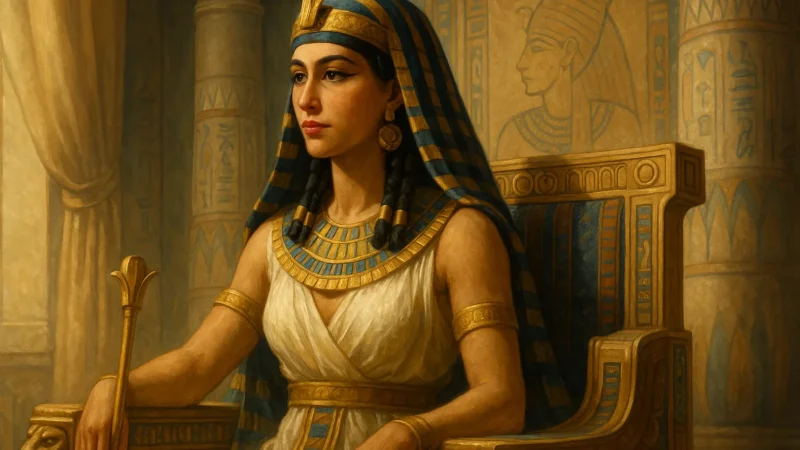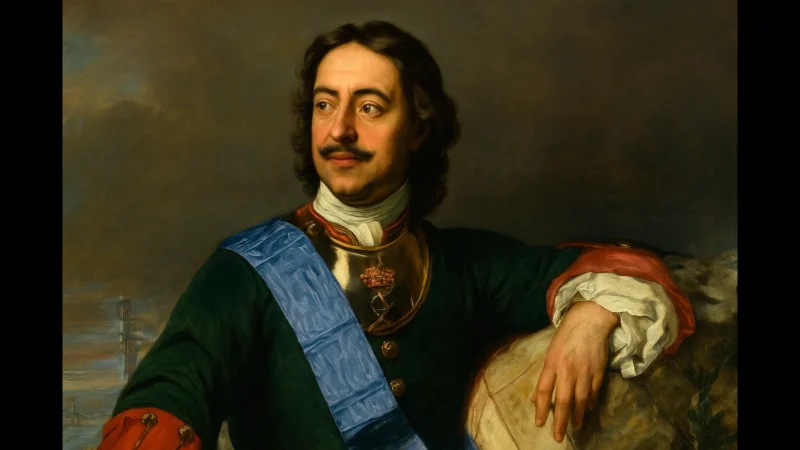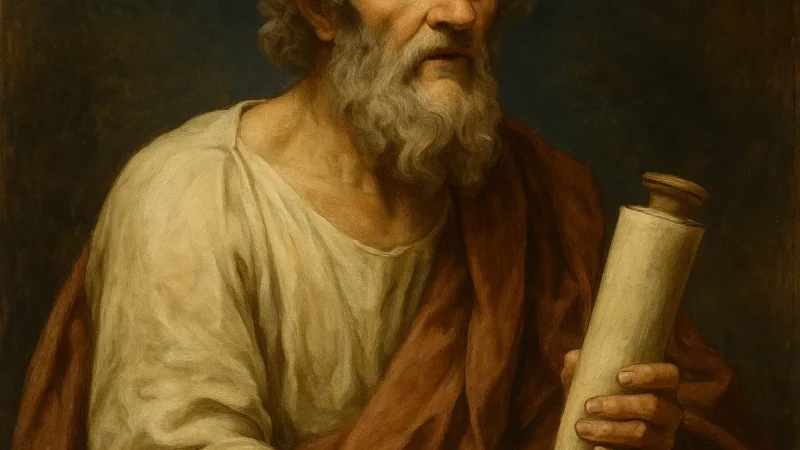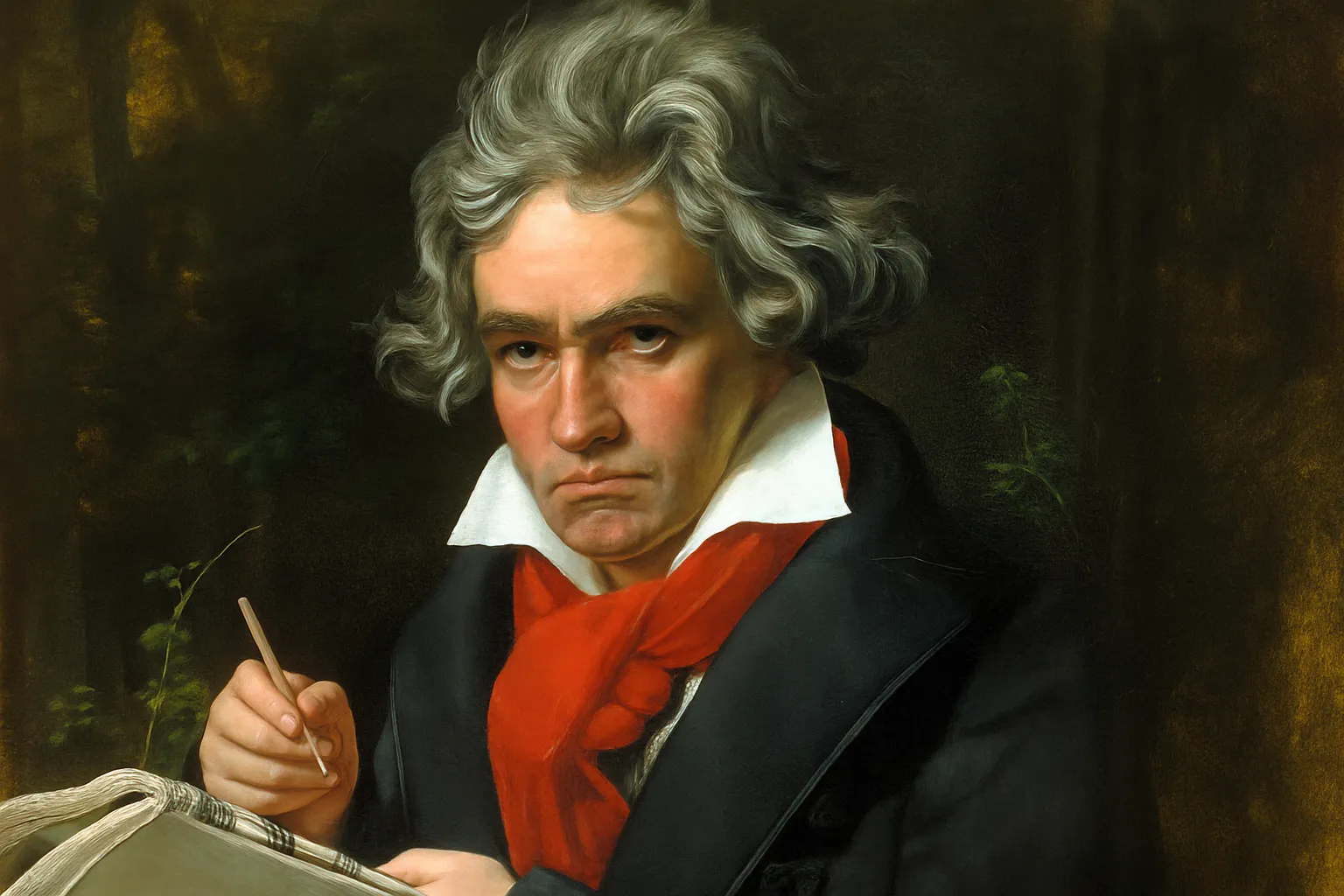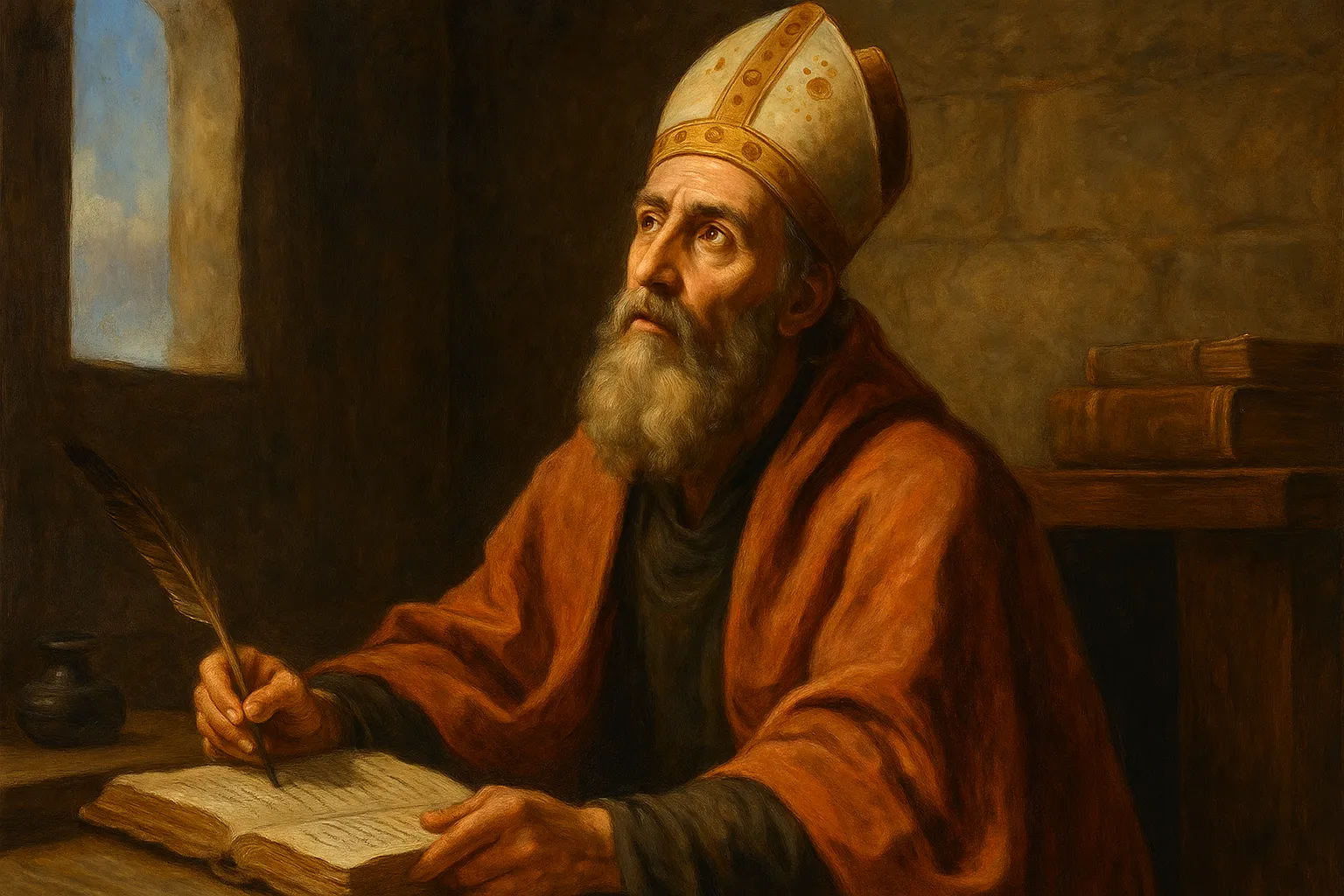Biography of Mahatma Gandhi: Known for Being the Leader of Nonviolence
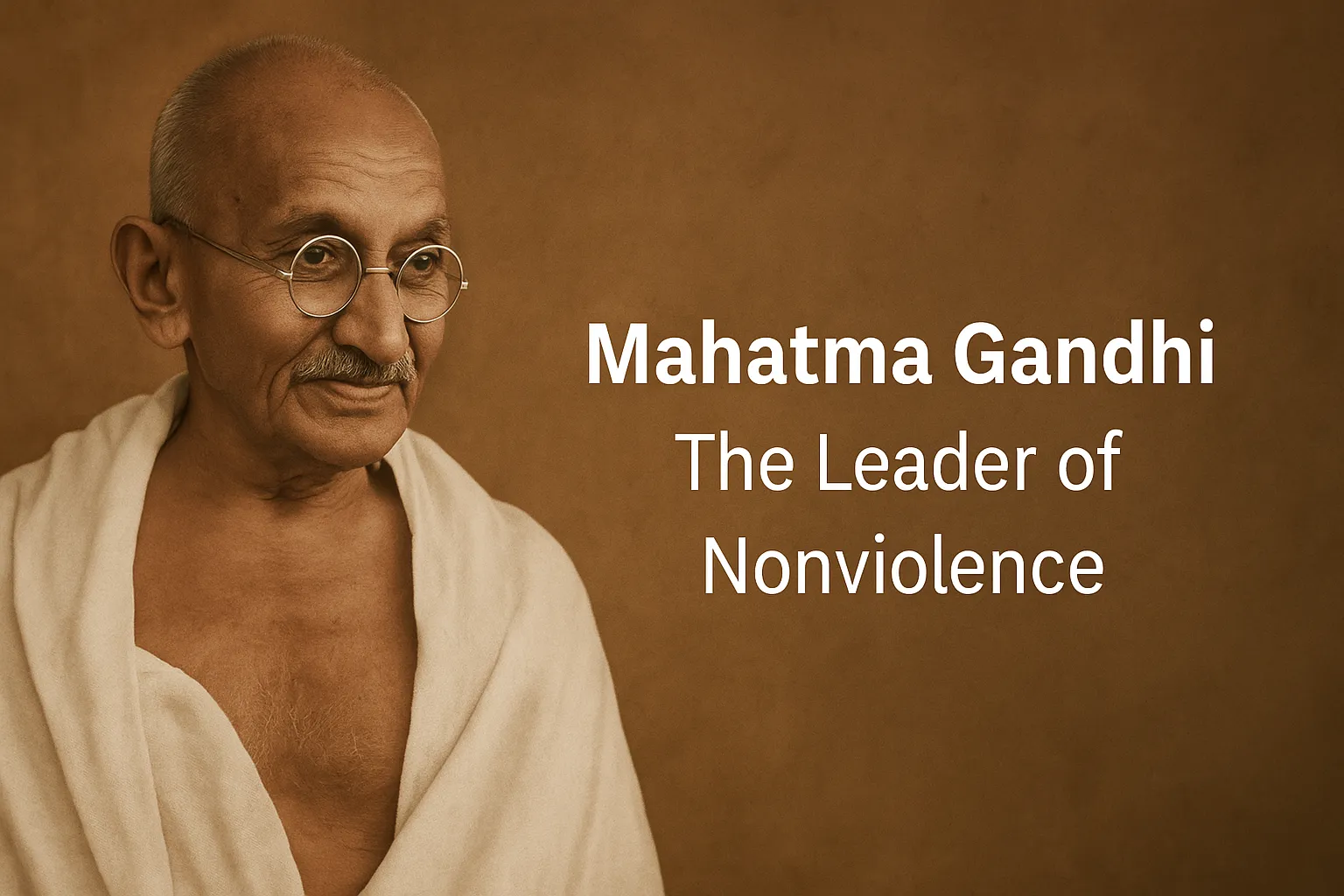
Mohandas Karamchand Gandhi, widely known as Mahatma Gandhi, is one of the most influential figures in modern history. His philosophy of nonviolence (ahimsa) and peaceful resistance (satyagraha) not only changed the history of India but also influenced many nations that adopted his principles in their struggle for freedom and social justice. This article explores his life, his fight for India’s independence, his legacy, and how his teachings remain relevant in today’s world.
Early Life and Education

Mahatma Gandhi was born on October 2, 1869, in Porbandar, a coastal city in Gujarat, India, into a Hindu middle-class family. His father, Karamchand Gandhi, was a government official, and his mother, Putlibai, played a pivotal role in shaping his moral and spiritual foundations. From an early age, Gandhi showed a keen interest in ethical and spiritual principles, largely influenced by his mother’s teachings.
At the age of 13, Gandhi married Kasturba, a common practice in India at the time. Their marriage faced challenges, but Kasturba became a constant source of support and strength throughout Gandhi’s life.
Gandhi studied in University of Bombay and later moved to England at the age of 18 to study law at University College London. During his stay in England, he was influenced by civil rights movements and joined various social organizations. Despite the cultural challenges, this period was critical for the formation of his philosophical ideals.
First Encounter with Discrimination
In 1893, Gandhi moved to South Africa to work as a lawyer, a pivotal moment in his life. During his stay, he personally experienced the racial discrimination faced by Indians and other non-white groups. In a famous incident, Gandhi was thrown out of a first-class train carriage despite holding a valid ticket, simply because of his Indian descent. This unjust treatment deeply affected him and marked the beginning of his activism.
In South Africa, Gandhi began organizing Indian workers and fought against discriminatory laws through peaceful resistance. In 1906, in the city of Johannesburg, he launched his first campaign of satyagraha (nonviolent resistance), a method of mass civil disobedience that would later become the core of his struggles in India.
The Struggle for Independence
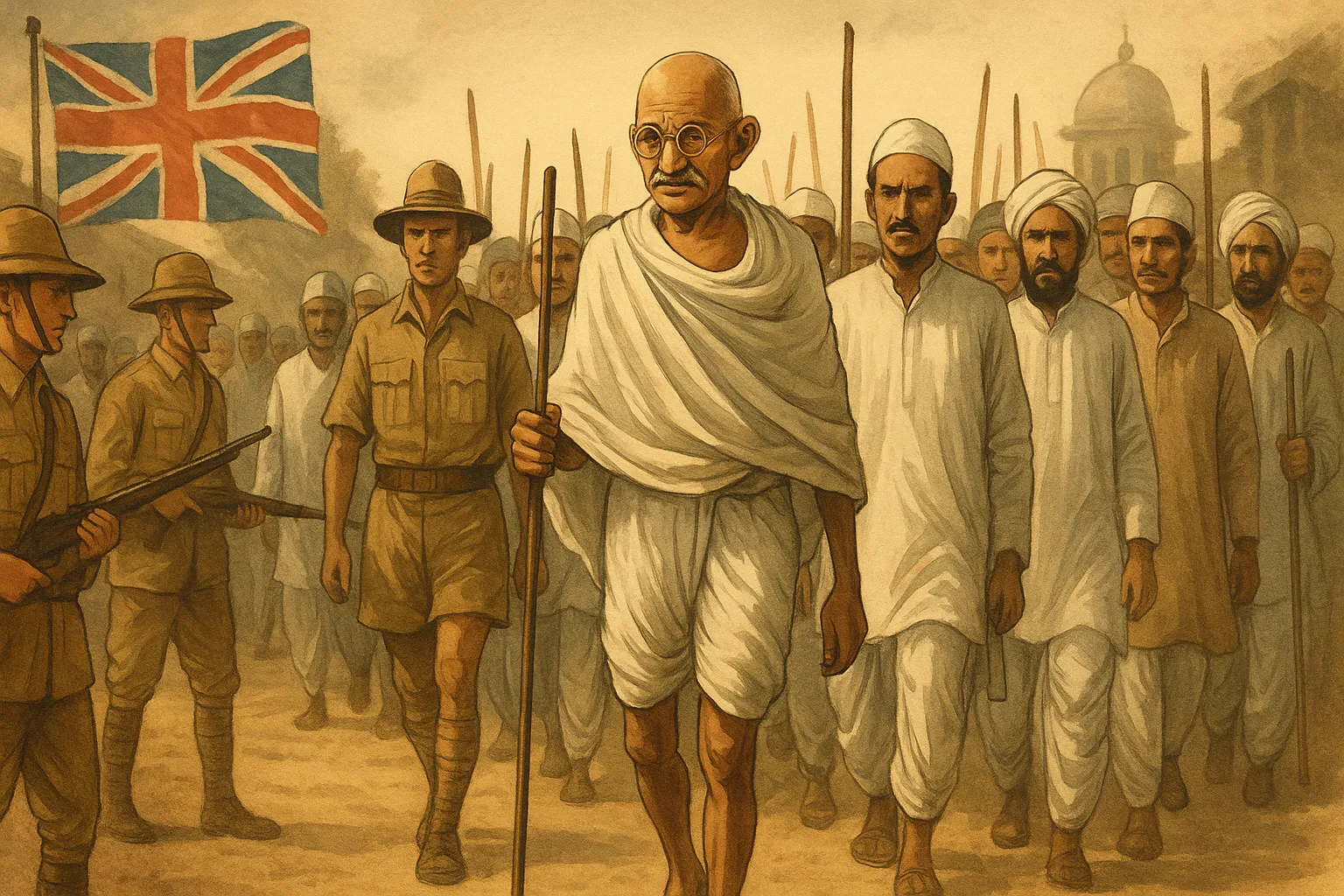
In 1915, after spending 21 years in South Africa, Gandhi returned to India, where he was already recognized as a defender of the oppressed. Upon his return, he found India under British colonial rule, with millions of people suffering from poverty, exploitation, and oppression.
With his unique and revolutionary approach, Gandhi began organizing peaceful protests against British authorities. In 1919, he launched a civil disobedience campaign to protest the Rowlatt Act, which gave British authorities draconian powers to arrest and imprison Indians without trial. During a peaceful protest in Amritsar, British soldiers opened fire on the demonstrators, killing hundreds. This event, known as the Jallianwala Bagh Massacre, deeply impacted Gandhi and strengthened his resolve for independence.
In 1930, Gandhi led the famous Salt March, a protest against the British monopoly on salt production and sales in India. Gandhi and his followers walked over 240 miles to the coastal town of Dandi, where they gathered salt from the seashore, openly defying British law. This act symbolized India’s resistance to British colonialism and drew international attention to the cause of independence.
The Philosophy of Nonviolence
The philosophical foundation of Gandhi’s movement was nonviolence or ahimsa, a profound belief in respect for all life and the conviction that harm caused to others cannot be justified, even in the struggle for a just cause. Gandhi viewed nonviolence not only as a political strategy but as a moral principle that should guide all aspects of life.
Along with nonviolence, another key principle in his struggle was truth (satya). For Gandhi, the search for truth was a continuous process, and actions based on truth were always morally just, even if the results were uncertain. His nonviolent approach earned him worldwide respect, and his principles were adopted by civil rights movements in countries such as the United States, with figures like Martin Luther King Jr. and Nelson Mandela drawing inspiration from his legacy.
Global Impact of Gandhi and His Legacy
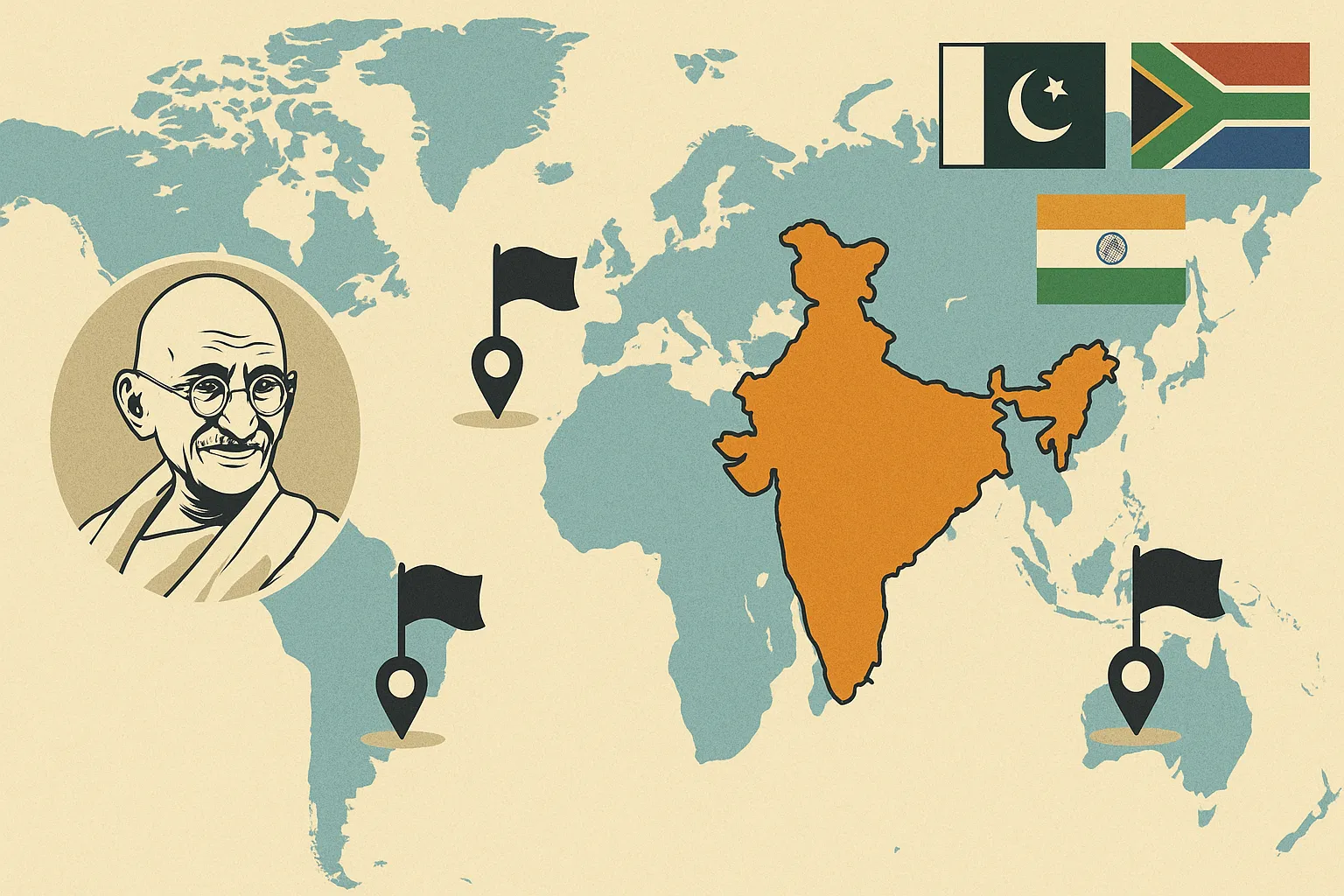
Gandhi’s influence was not limited to India; it resonated globally. His method of peaceful resistance inspired civil rights movements in the United States, South Africa, and other countries, and his figure became a universal symbol of the struggle for justice and freedom.
After years of struggle, on August 15, 1947, India finally achieved independence from British rule. While this victory was historic, the partition of India into two countries, India and Pakistan, resulted in a massive exodus and communal violence between Hindus, Muslims, and Sikhs. Gandhi, who had tirelessly worked to foster harmony between these groups, was devastated by the violence that accompanied the partition.
In 1948, Gandhi was assassinated by Nathuram Godse, a Hindu extremist who considered him too conciliatory toward Muslims. His death was a devastating blow to India and the world. However, his legacy lives on.
The Lesson of Gandhi
Mahatma Gandhi not only changed the course of Indian history but left a global legacy of nonviolence, tolerance, and compassion. His life reminds us that true strength does not lie in violence, but in peaceful resistance and the pursuit of justice with integrity. Gandhi taught the world that even the most powerful forces can be challenged through truth and mutual respect, and that, ultimately, the power of morality can overcome forces of hatred and oppression.
Today, Gandhi’s teachings continue to inspire those fighting for freedom, peace, and justice around the world.

